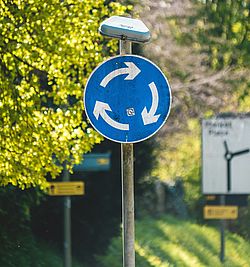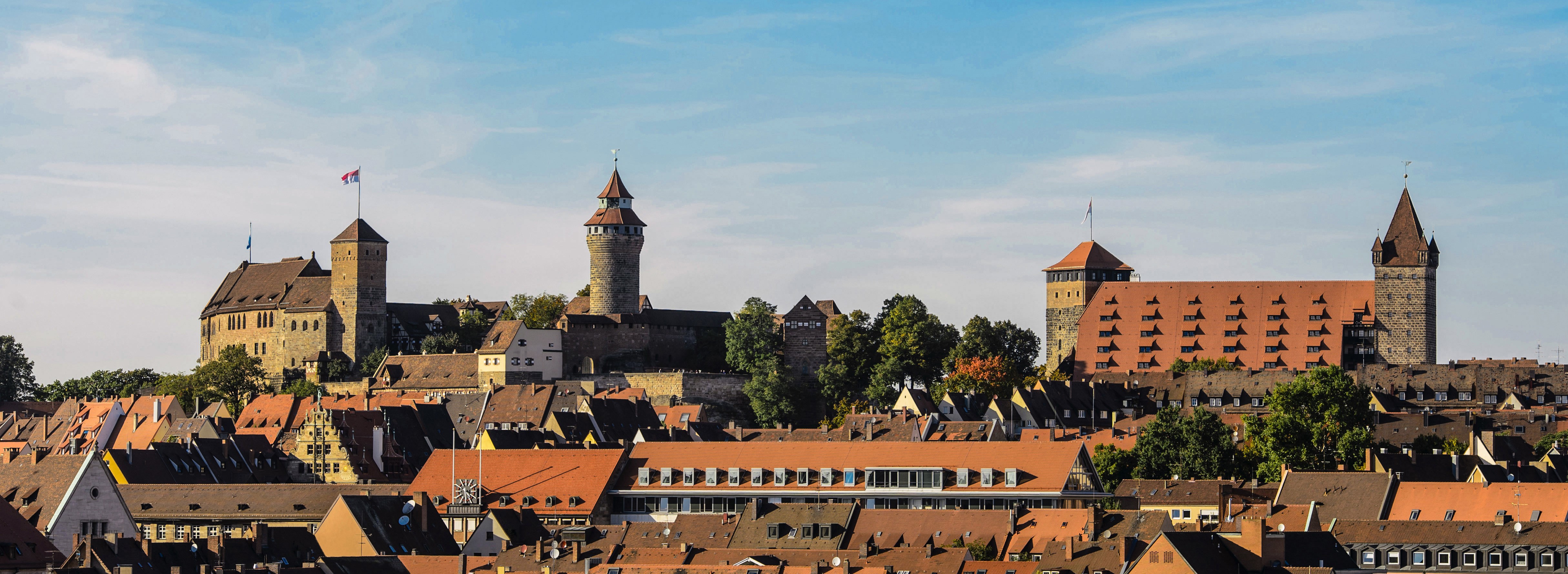Nuremberg, Germany
Sustainability is key to the city of Nuremberg; already in the mid-90s the local Agenda 21 movement emerged as an important driving force for sustainabily. Ever since, the city of Nuremberg is committed to promote sustainablity. For instance, the city officially endorsed the UNs‘ Agenda 2030 in 2017 and formulated ambitious sustainbility goals in different areas such as becoming carbon neutral by 2035. Recentenly, in 2024, the city of Nuremberg decided to take on a new challenge: paving the road to a circular economy.
On the road to circularity
To become a circular city, the municpality of Nuremberg is implementing measures across five key domains: 1) consumption, 2) public procurement, 3) food waste, 4) waste and 5) construction. The domains were chosen according to the following criteria – (i) the agency of the municipality to induce change, (ii) reduction potential in terms of resources and CO2, and/or (iii) the educational potential and relevance to citizens.


Partnerships and networking
Circular economy spans manifold topics and actors. Therefore, building partnerships, networking and exchanging on best practices and challenges is key to put circularity into practice. Nuremberg is therefore committed to foster collaborations across different departments of the municipality, as well as with civil society actors, academia and the business sector.
